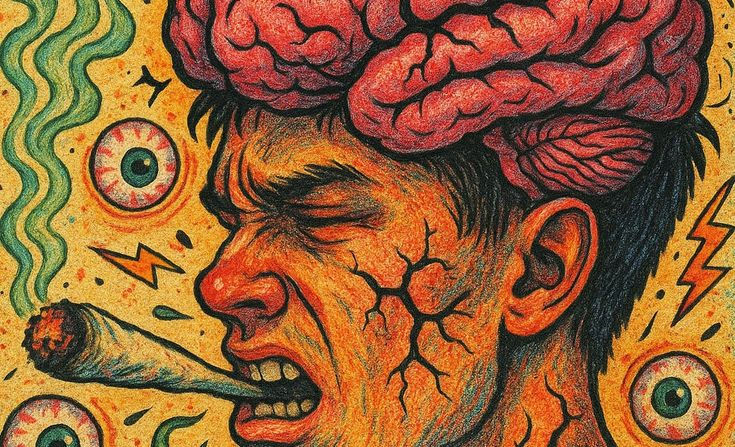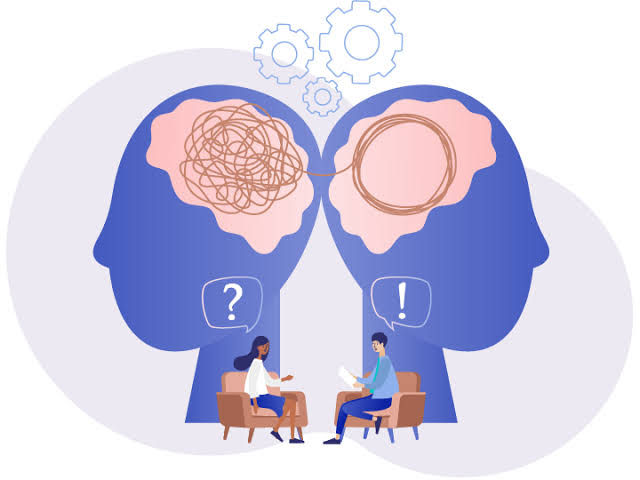The Science Behind Dopamine: Why Addiction Feeds on Reward Pathways
- Collective Care

- Oct 22, 2025
- 2 min read
By Collective Care Center, Pune
Addiction is not just about willpower — it’s about brain chemistry. At the heart of addiction lies dopamine, the brain’s powerful “feel-good” neurotransmitter that plays a key role in motivation, reward, and pleasure. Understanding how dopamine drives addictive behaviors can help individuals and families grasp why professional intervention — such as at the Collective Care Center, Pune — is crucial for lasting recovery.
The Dopamine Connection: A Scientific Perspective
Dopamine is released when we experience something rewarding — eating a favorite meal, achieving a goal, or even receiving social approval. This natural reward system reinforces behaviors necessary for survival.
However, addictive substances such as alcohol, drugs, or even certain behaviors like gambling and pornography hijack this system. They cause artificial surges of dopamine, flooding the brain with pleasure signals far greater than natural rewards. Over time, the brain’s reward circuits become desensitized, requiring more of the substance or behavior to achieve the same high. This leads to tolerance, dependence, and eventually, addiction.
Scientific studies using brain imaging show reduced dopamine receptor activity in individuals with substance use disorders. This explains why they struggle to find joy in everyday life — the brain’s natural pleasure pathways become dulled.
Why Understanding Reward Pathways Matters in Recovery
The brain’s reward system can heal — but it takes time, structured therapy, and evidence-based rehabilitation. Programs at the Collective Care Center, Pune, are designed to help retrain these pathways through:
Cognitive Behavioral Therapy (CBT) to break the link between triggers and cravings.
Mindfulness and yoga to restore balance in brain chemistry and emotional regulation.
Medication-assisted treatment where clinically appropriate.
Our approach integrates neuroscience with compassion, ensuring that each person receives a personalized rehabilitation plan focused on long-term recovery.
Beyond Addiction: Healing the Mind and Body
Addiction rarely exists alone. Many individuals also struggle with anxiety, depression, or trauma, conditions that can further distort dopamine function. As a Dual Diagnosis Treatment Centre in India, Collective Care offers integrated care for both mental health and substance use — ensuring no part of recovery is overlooked.
Our trauma-informed rehab programs recognize how unresolved pain can fuel addiction, while our holistic rehabilitation with yoga and meditation helps patients rebuild emotional and physical resilience
About Collective Care Center, Pune
At Collective Care Center, we combine evidence-based therapies, certified counsellors, and compassionate care to help individuals rediscover life beyond addiction. Whether you need detox, psychotherapy, or holistic rehabilitation, our team is here to guide you toward lasting wellness.


